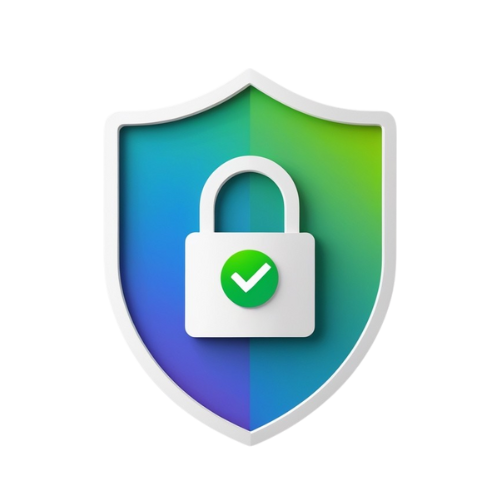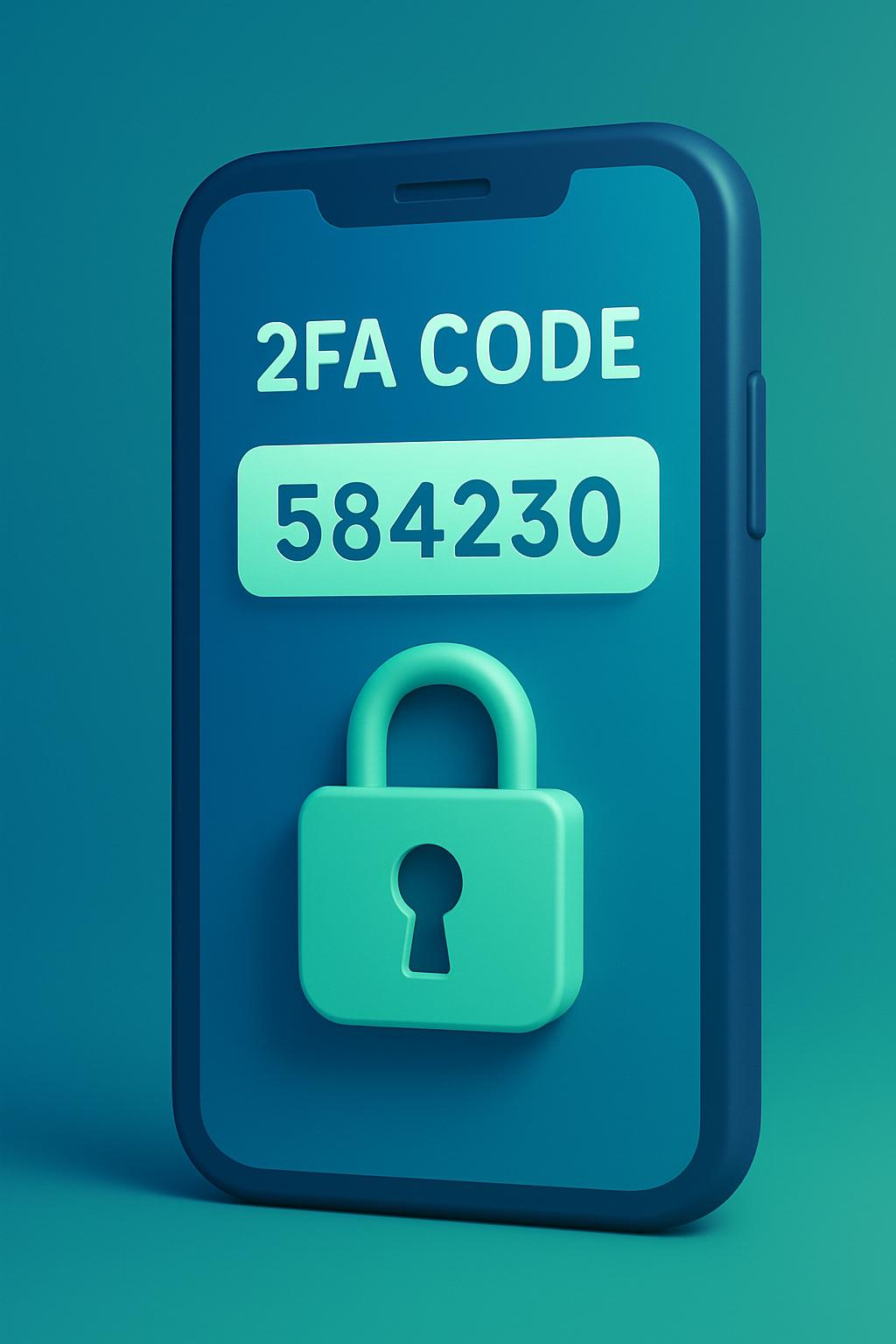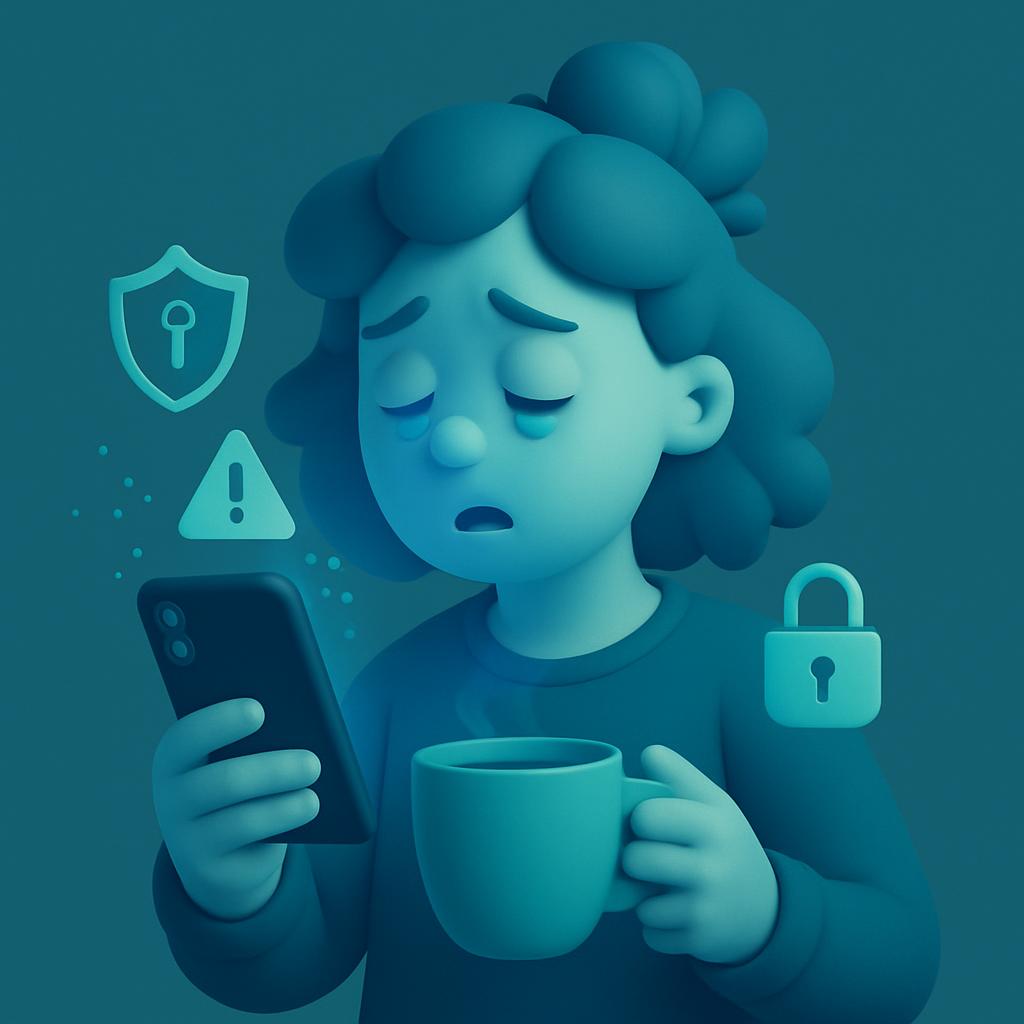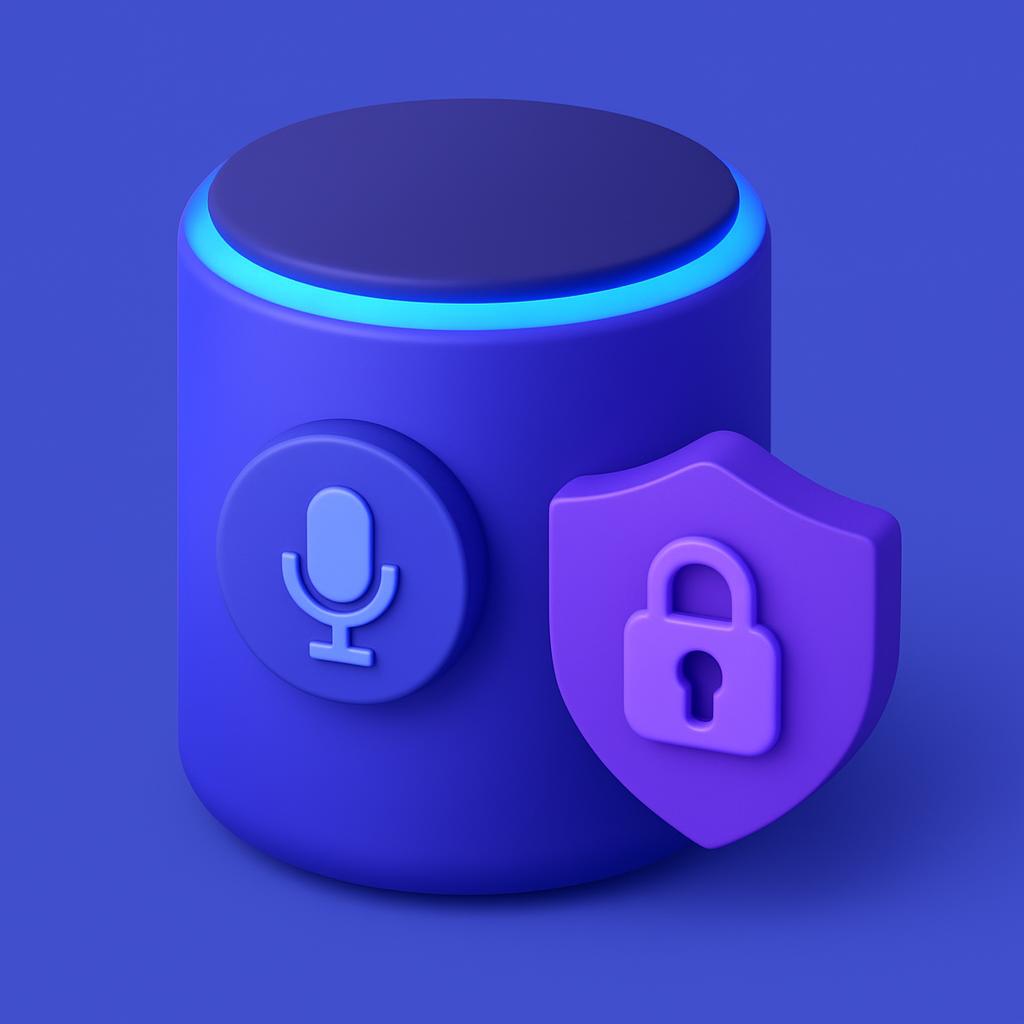
We get it. Trying to remember a gazillion different passwords feels like mental gymnastics. But using "fluffy123" or "password1" isn't cutting it anymore. Here's how to ditch the weak stuff and become a password pro without melting your brain.
Real World Hook:
Your cousin reused their email password for five different accounts. A hacker cracked one, got into the rest, and changed their Netflix language to Finnish just for fun. Don't be like your cousin. They had to call three companies, cancel two credit cards, and sit on hold with customer service for hours all because of one lazy password.
What's the Big Deal?
Using weak or reused passwords is like leaving your front door wide open with a neon sign saying "Come on in!" Hackers love it. They use bots to test millions of password combos, and reused ones are their jackpot. Once they break into your email, it's like finding the keys to your whole digital house. Banking, social media, even your favorite food delivery app. Yes, they will steal your tacos.
Still not convinced? Consider this. Over 80 percent of hacking-related breaches are due to weak or reused passwords. That's not just a number. That's real people losing money, control, and sometimes their digital identity.
Here's What You Can Do Today:
1. Use a Password Manager
Think of it like a super secure diary that remembers all your passwords for you and doesn't get lost under your bed. We recommend Bitwarden or 1Password. These tools can create and autofill strong, unique passwords so you don't have to sweat it.

2. Create Passphrases
Forget the random gibberish. Use a series of random but memorable words with a twist. "PurpleTaco$Dance77" or "BananaCanoeLoves@Sky." Fun, right? Passphrases are easier to recall and hard to crack.

3. Never Reuse Passwords
Seriously. Not even once. Especially for email and bank accounts. These are your digital lifelines. Reusing passwords is like using the same key for your house, car, and office. Lose one, lose them all.
4. Turn on Two-Factor Authentication (2FA)
This adds a bonus layer of security. Think of it as a second lock on your door. Even if someone steals your password, they still need a one-time code from your phone or email. Use apps like Authy, Google Authenticator, or built-in options your services offer.

5. Avoid Common Passwords
"123456," "qwerty," and yes, "iloveyou" are hacker favorites. Also avoid anything related to your birthday, pet names, or the word "password."
Most Commonly Hacked Passwords:
- 123456
- password
- qwerty
- abc123
- admin
6. Update Old Passwords
Got a Hotmail account from 2004? Time to refresh that bad boy. Set a recurring reminder every few months to update your most critical accounts.
7. Don't Save Passwords in Your Browser
If someone gets into your computer, they'll get all your saved logins too. Let your password manager handle the storage. Browsers aren't as secure as they claim.
Bonus Tip:
Check if your email or passwords have been exposed in a data breach at HaveIBeenPwned.com. If you're in there, change those passwords ASAP.
Bottom Line:
Stronger passwords mean fewer headaches. With a password manager and a few new habits, you'll be safer than 99 percent of internet users and definitely smarter than your cousin.
Ready to Level Up?
Download a password manager and secure your top three accounts right now. Email, banking, and social media. This is your digital seatbelt.
Get Our Complete Password Guide


